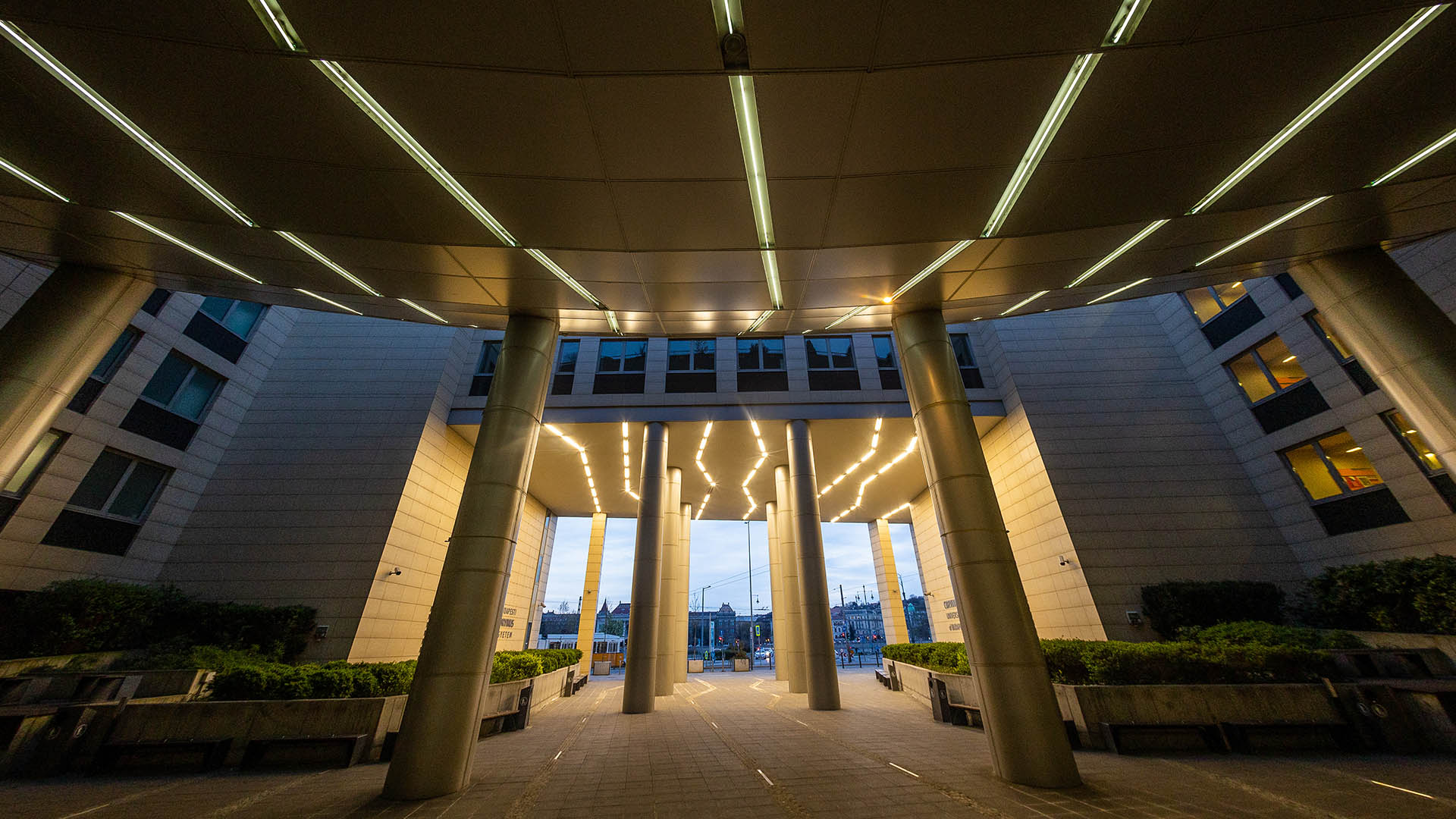Corvinus research: Urban communities are able to support the ecological transition despite all the adverse winds

In many cases, the current economic and social systems operate in a wasteful and environmentally destructive manner, neglecting sustainability. Unsustainable practices are often supported by economic policies, thus locking in these patterns. These path dependencies severely limit the options of consumers who seek to take into account socio-ecological aspects. Urban communities concerned about sustainability are not in an easy position, and Corvinus researchers have assessed how difficult their task is.
The research is based on 21 interviews conducted in 2020-21 with stakeholders of CBOs who have contributed to promoting more ecologically conscious behaviours in Budapest in the areas of mobility, community gardens, energy, food, animal welfare, housing, fashion and waste reduction. The paper summarising the results was published in the journal Environmental Policy and Governance on 29 June this year. One of the main lessons of the paper is that CBOs can make a positive impact on sustainable behaviour and play a part in bringing about an ecological turnaround, even in adverse circumstances,.
The feeling of belonging to a community can play an important role in the ecological turnaround
According to the paper, community members influence each other’s green attitudes, knowledge and lifestyle habits in three ways. By raising awareness, i.e. members are confronted with the issues and challenges of sustainability. By adopting and transmitting sustainable behaviour and consumption practices owing to involvement, participation. And by non-consumerist interactions that promote solidarity, sharing and mutual assistance. Members of ecologically conscious communities sometimes change their lifestyles, for example they give up flying, eating meat or buying fast fashion.
The researchers found that the impact on individuals is exercised through the three roles of CBOs. In the role of “translator” or expert, members with more knowledge and experience typically help those with less to become more conscious consumers and, in general, to find their way around the often ambiguous issues of sustainability. In the community space, members can share experiences, ideas and build bridges between different perspectives, interests, knowledge, motivations and groups.
Thanks to the positive reinforcing and motivating role of the community, members will find it easier to adopt a more environmentally friendly habit in their lifestyle. Without this, it is often difficult to link consumer choices to sustainability consequences, as the effects may be delayed or distant. In one community, for example, cyclists were often portrayed as victims of the transport system, but it was found that while within the community these actions had a community-building effect, outside the community they alienated people from cycling. Positive reinforcement can also take the form of a supportive environment: mistakes are not stigmatised by the community, and shared learning allows for experimentation and the joint processing of successes and failures.
The community also has an essential, emotional role in highlighting the contribution of the individual to promoting the common good. The experience of positive action or avoidable destruction is an important and uplifting feeling that can support the spread of more environmentally friendly habits. This can be experienced through a range of lifestyle and consumer choices and behaviours that cost relatively little money but whose ecological impact cannot be underestimated: for example, by avoiding factory-produced red meat or, where feasible, choosing to cycle instead of driving a car.
“Communities have strong, largely untapped capacities that, in a supportive business and policy environment, could contribute relatively cheaply and quickly to new lifestyles. We need to recognise that by sharing, self-sufficiency and reciprocity, we can substantially reduce our use of materials and energy” – the researchers highlighted in a joint statement on the study. The authors of the paper are Tamás Veress and Gabriella Kiss from the Corvinus University of Budapest and Ágnes Neulinger from the University of Pécs.